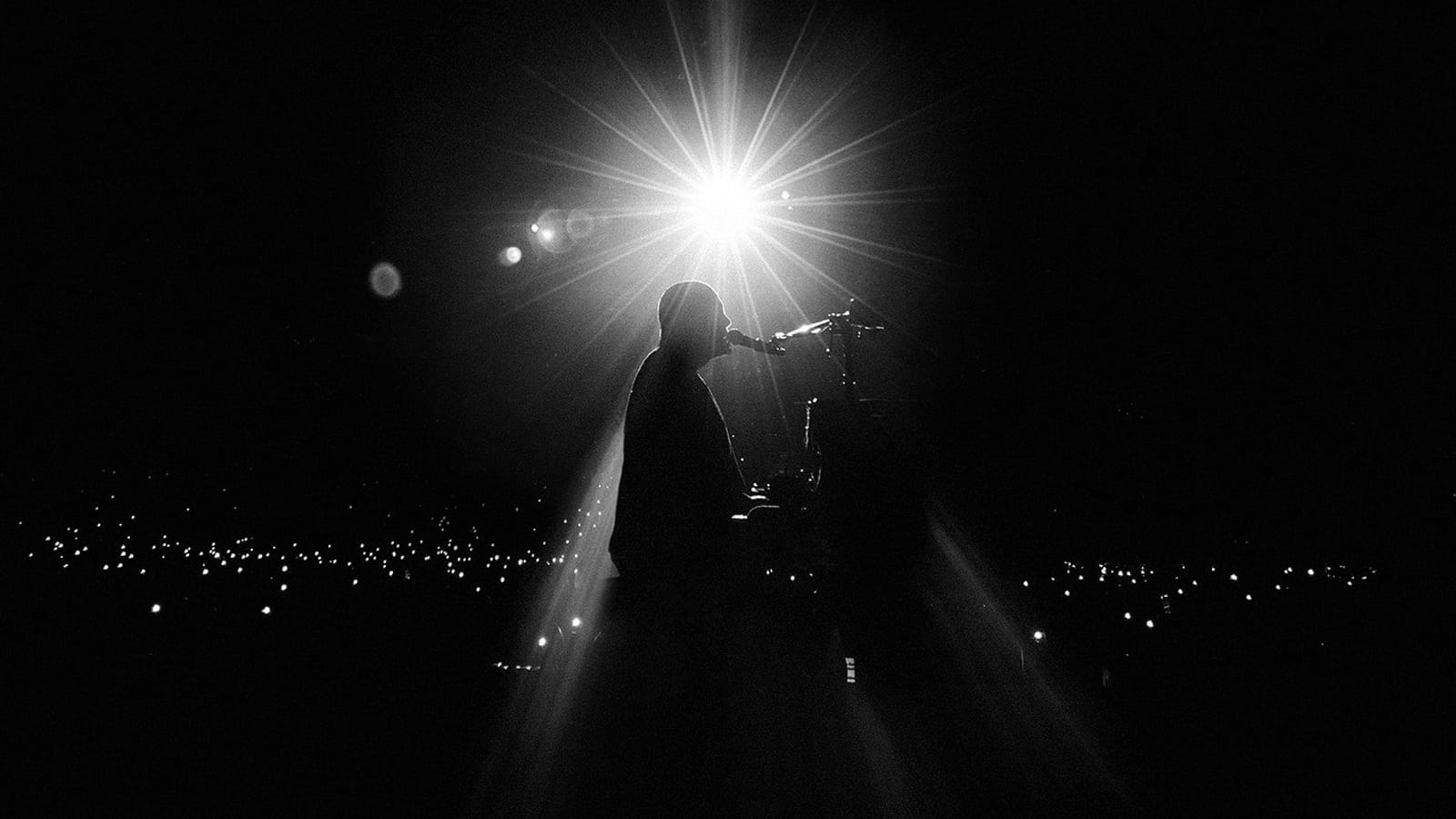Cultural Consumption: 2/1/24
Proof that a four-minute pop song can be a belated nostalgia ploy AND a poignant plea for the chance to make up for lost time

My first musical love was a Long Island Boomer named William Martin Joel, a.k.a. Billy Joel, a.k.a. the Piano Man. Other artists came and went, but between, say, 1981 and 1990, Joel's records were probably the main component of my musical diet — to the extent that, despite the fact that I've listened to his stuff relatively infrequently over the past couple of decades, I've still probably listened to Billy Joel more than any other act. I could live to be a hundred and I'm sure that won't change, nor will any amount of time or distance erase the fundamental lessons I gleaned from his work during that period: Music is better when it's made by a group of human beings, preferably an actual band rather than an assembly of session players; there's a sort of honor in writing one's own material if possible; the ideal album length is ten songs at the most. So on and so forth.
Given all this, it stands to reason that when Joel announced his retirement from the recording studio in the late '90s, I had Big Feelings. They were essentially a variation on the Big Feelings I had when he started taking three years or more between new albums, which basically boiled down to this is your JOB get back here and do your JOB how long can it possibly take to scrounge together TEN SONGS, et cetera. Those feelings mellowed quite a bit over time, of course, and in recent years, as pop culture has started to choke in the grip of a constant demand for revivals, reunions, reboots, and reimaginings, his decision to fuck all the way off has started to feel rather honorable. It's okay to want more of something and not get it, you know? Much as it might pain us, it can be healthy for things to end. Given all the pleading and promises he's doubtless had to deal with from certain quarters since walking away, it isn't hard to admire Joel's resolve.
By the same token, it also isn't hard to wonder what motivated him to end his long drought with the release of his new single "Turn the Lights Back On," which made its way to streaming platforms this morning. Unlike the pair of Joel-penned singles released in 2007 — "Christmas in Fallujah" (performed by Cass Dillon) and "All My Life" — this one's coming with a fair bit of promotion, including the de rigueur social media teasers and a performance slot at the Grammys this weekend. For the first time in a very long time, Billy Joel's got a new recording that he doesn't seem to be indifferent toward/faintly embarrassed about. No matter what else I say after this point in this post (and I promise you I don't really know what that'll be), that renewed enthusiasm in and of itself is cause for celebration, regardless of whether the song itself is any good.
But is it any good? I'll tell you this much right off the bat: As I'm writing this, I've had "Turn the Lights Back On" playing on a loop for something like four hours, which is a choice I would not make even for the sake of journalism and/or your enjoyment if I really thought it sucked. For casual consumers, this is a definitively Joel-shaped song that ticks all the requisite Joel boxes — he's in fine (albeit presumably producer-massaged) vocal form, the chord structure and melody are perfectly Joelesque, there's a brief piano solo, and it's got a chorus you can hum along to. Forty years ago, it would have been a decent leadoff single — you know, the type of track that's demonstrably not the best on the album, but does enough to establish a beachhead at this or that format before the label really gets the guns blazing for the Top 40.
That facile analysis is probably about as far as I'd go if this song came from just about any other artist. But I've been listening to "Turn the Lights Back On" trying like hell to figure out how I feel about this thing, and it's harder than I thought it'd be. When an artist's whole-ass catalog has seeped into your listening DNA, how do you untangle the weight of expectation — especially after such an extended period of time — from your response? And how fair is it to connect that response with your imagined portrait of the artist themselves?
Let me put this another way. If you look at it on paper, in a vacuum, "Turn the Lights Back On" is a pretty standard apology ballad; for the duration of the song, the protagonist is pleading with the person he's wronged, looking back over their time together and vowing not to give up on them even if their love has been irreparably harmed. There are a couple of memorable lines, and there's some doggerel-adjacent stuff. It's nothing objectionable at all, but it also doesn't come close to approaching Joel's best work. That being said, listening doesn't happen in a vacuum, and even though he apparently didn't have a lot to do with the writing of this song, it's awfully hard not to hear it as a meta statement — from Joel to himself and his fans.
The guy in the song is looking for forgiveness, but more importantly (and more poignantly, for my money), he's also reckoning with the passage of time and how much of it he's possibly wasted. The line that kicks off the chorus is "I'm late, but I'm here right now," and there's something I find irrefutably moving about that simple sentiment. It doesn't need to be connected to a lovers' quarrel. Experience enough of this Chinese water torture we call aging and you're going to be confronted with it — you will find yourself in a place where you have to admit you've squandered certain opportunities, made decisions that canceled out your ability to make other decisions, and moving ahead seems difficult if not impossible. In those moments, I think there's a small but powerful sort of bravery in facing all that and deciding to keep going anyway.
I mean, that's sort of what's going on with Jefitoblog 2024. And on a broader, scarier level, that's sort of what's humming in the background of seemingly every national news story during this moment when it feels like we're all just standing around waiting for our remaining societal/economic/governmental norms to snap. Did we wait too long? Is there still time? We're late, but we're here right now, and so is Billy Joel, with a song that — in its own slight way — echoes the braided sentiments of resolve and regret heard in 1985's "The Night Is Still Young." In that song, he eyed his new second marriage and impending fatherhood with a sort of wary awe, watching the stuff that once mattered so much to him fade away in the face of improbable domestic bliss. Now, nearly 40 years later, he's singing as a guy who's been careless with love and lost his own sense of romance along the way, but he still sees it as something worth fighting for. He's late, but he's here right now.
Again, I'm not sure how much of this is fair to stir into the mix of a little old pop song; to be honest, I'm a little resentful of the way "Turn the Lights Back On" has worked on my emotions, and the fact that I've somehow managed to spend 1300 words trying to work them out. Either way, I think I can comfortably file this one under Better Than Expected — if the rumors of a new Joel LP turn out to be true, color me cautiously optimistic, and if they don't, there have been belated codas far worse than this one.
Elsewhere: We've got yet another new episode of the Record Player for your listening pleasure! Join Matt and me as we welcome special guest Allison Rapp to discuss Joni Mitchell's Court and Spark, just in time for the album's 50th anniversary.
